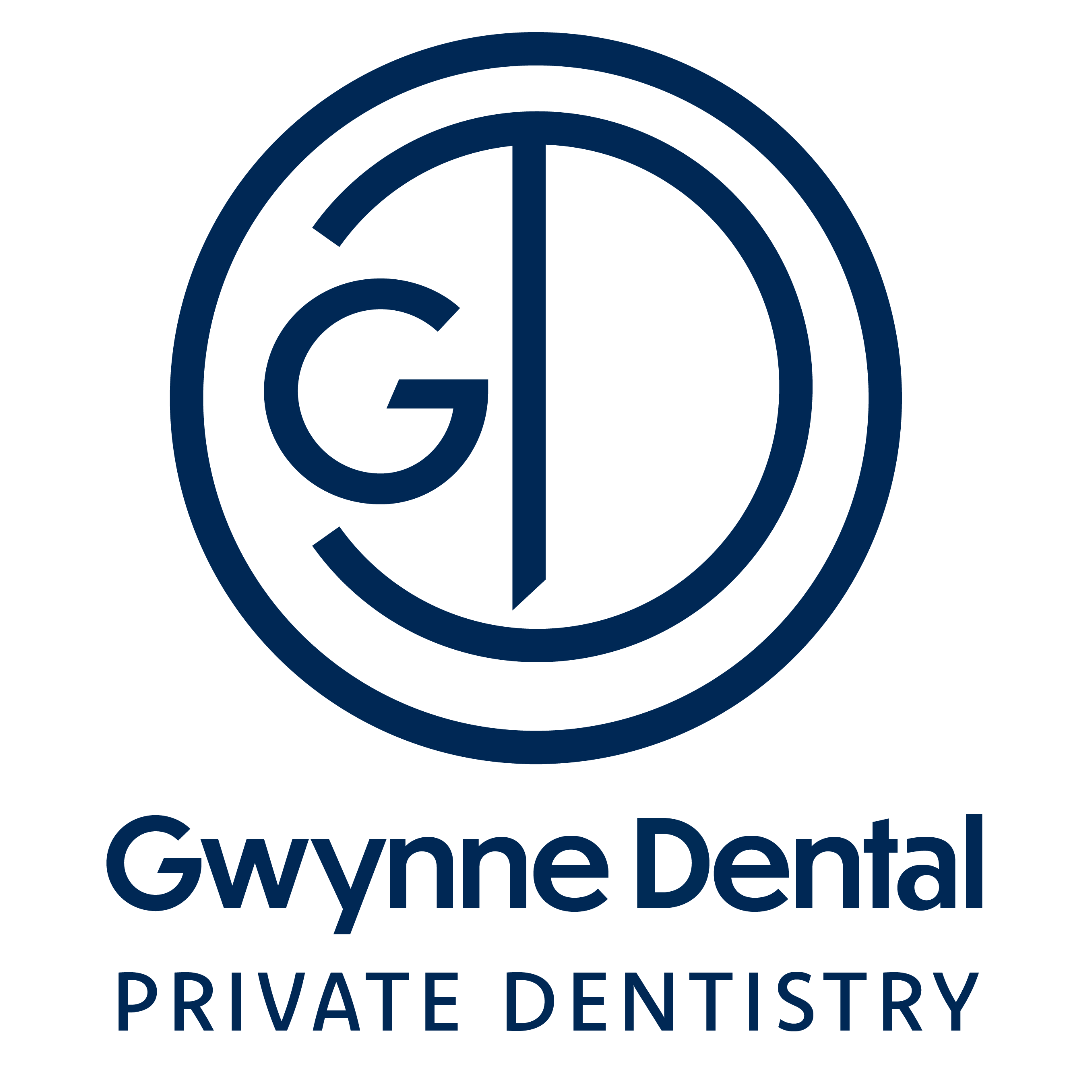
Tooth Whitening
Teeth often become darker in life due to changes in their mineral structure (intrinsic staining). They can also become stained by bacterial pigments, foodstuffs and tobacco (extrinsic staining).
Tooth whitening is now very popular and can make a dramatic improvement to your smile. It involves the use of a gel releasing hydrogen peroxide which percolates into the tooth and bleaches out the staining without altering the tooth structure. It will not work on existing crowns or fillings except on surface staining.
Home Whitening – evidence based as the best technique
At Gwynne Dental we use home whitening because it is the most effective way to whiten your teeth with long lasting results. We recommend a thorough scaling and polishing with a hygienist beforehand to remove any stubborn stain and tartar prior to beginning a course of whitening.
Impressions or scans are taken for models, on which custom trays are made. These are like thin mouth guards which the whitening gel is loaded into each night. Initial photographs and a shade of your teeth is taken.
1 – 2 weeks later the trays are fitted to ensure an accurate, comfortable fit. Instructions are given on how to use the kit properly and your dentist will demonstrate exactly how to use the whitening gels.
You place the gel into the trays as per your dentist’s instructions and wear the trays for at least three hours per day, ideally overnight, for about 10-14 days.
A review appointment is made to check the shade and progression of the whitening process 2 – 3 weeks later.
A common side effect can be increased sensitivity of your teeth. With any sensitivity you leave them out for a night or two, or wear the trays overnight with sensitive toothpaste instead of the whitening gel. You should avoid black coffee, red wine etc. during that period.
How long will it last?
The effects of whitening can last up to three years. However, this will vary from person to person. The effect is less likely to last as long if you smoke, or eat or drink products that can stain your teeth. We usually advise one or two nights of wearing the night guards per year to keep the teeth at their new shade.
There are many at-home whitening kits, strips and toothpastes claiming to whiten the teeth. Often they do not contain enough of the whitening product to be effective and can contain mild acids and abrasives that can actually damage your teeth. In the UK whitening can only be undertaken following a proper assessment by a registered dentist and on their prescription. We follow strict regulation from the General Dental Council (GDC) to ensure patient safety.
EU Legislation
Ensures the safety of patients
Make sure products contain no more than 6% hydrogen peroxide or 16% carbamide peroxide and can only be prescribed by a dental practitioner
A dental hygienist, dental therapist and clinical dental technician can administer tooth whitening under the dentists direct supervision and prescription
An examination by a dentist must be carried out prior to tooth whitening treatment
It is not suitable for under 18s
